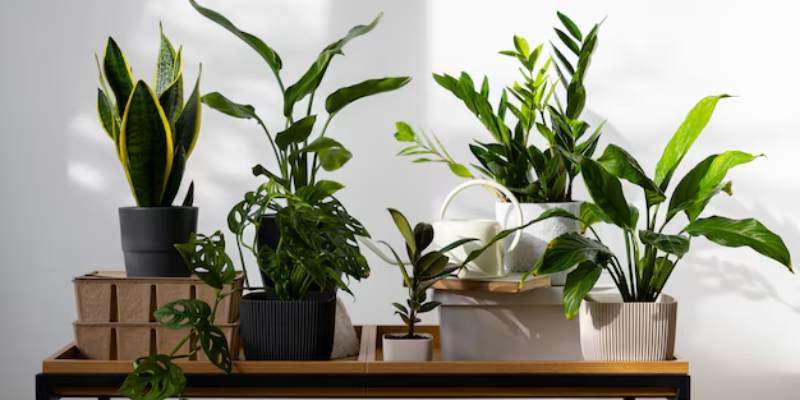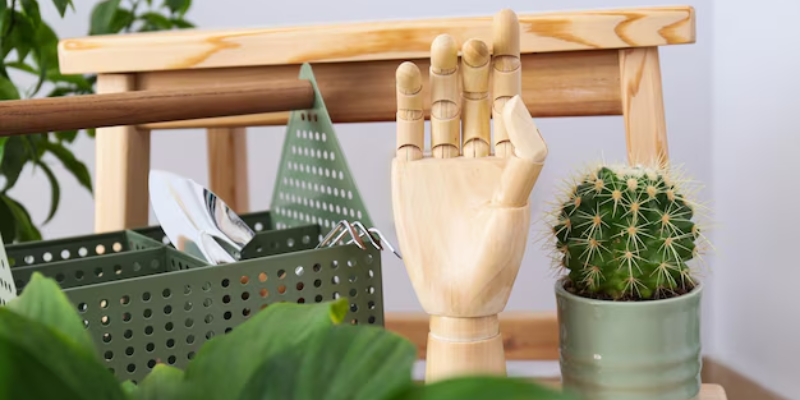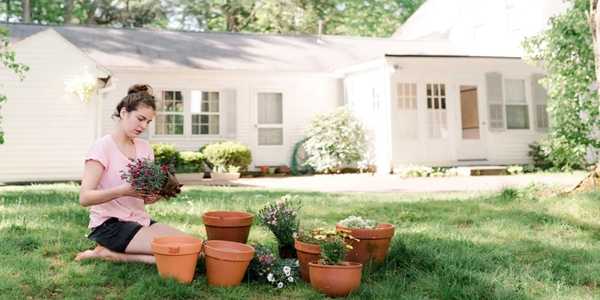How To Get Into Gardening? 6 Expert Tips To Beginners
Finally, you have decided to try your hands at gardening. Are you overwhelmed by the sheer load of information? Do you need help figuring out where to start? Don't worry—we got you. In this article, we will give you tips and tricks that our experts swear by so your first attempt at gardening is successful. Let's get going, then, shall we?
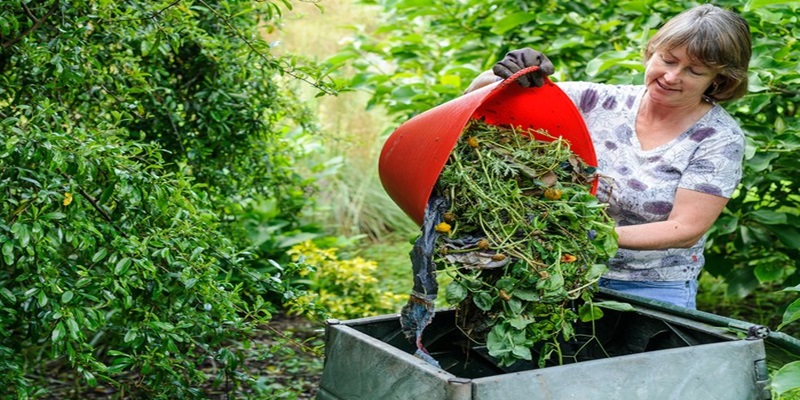
1. Get The Right Tools.
First and foremost, you would need the right gardening tools and, of course, gear. This will help protect you from any thistles, thorns, and overall. Many sites have beginner gardener tool checklists that you can buy from. Sites like Amazon also offer better-priced garden tools and gear. It would help to have everything from trowels, pruners, watering cans, knee pads, and gloves.
2. Pick The Correct Spot.
This is highly crucial for newbie gardeners. Each spot, its temperament, and the soil conditions are significant when considering the type of plants you want to pot in the area. If the spot is sunny, your sun-loving plants are the best bet. Shady places are perfect for the leafy greens. Our experts suggest that as first-time gardeners, your safest bet is perennials, succulents, and herbs. These plants are highly resilient and can take a bit of neglect, too.
3. Choose Easy-Growing Plants
As with any hobby, gardening is also a marathon. Don't immediately start harvesting rhododendrons; try your hands at easy-growing plants. Increase your pace incrementally. Choose to grow vegetables like kale, lettuce, chard, spinach and herbs like chives, basil, and mint. These are not very demanding plants; you can taste success from this harvest and gradually move into more advanced gardening.
4. Get The Right Soil
Understanding soil is the next step. Every type of soil can nourish different types of plants. Getting the soil right is thus a necessary step. So, if you plan to do a raised bed of plants, get a raised potting mix. This way, the soil will be aerated and have good drainage. This will ensure that the plants grow better and correctly. When choosing soil, choose one that fits your plant's needs. The soil, pH levels, and composting mix play a vital role in the plant's growth.
5. Learn About Sowing Seeds.
Sowing the seeds is the next important step. You can't expect to sow the seeds as you wish and hope for a great harvest. Each type of plant has separate needs and ideal depth at which the seeds are sown. For instance, the seeds are to be sown 1-2 cm deep in the soil for carrots and lettuce. For medium seeds like beans, peas, and all, the ideal depth would be 2.5cm deep. Try sowing them much more profoundly, like 5 cm, for larger seeds like squash. Even for transplanting them, you must ideally wait until 3-4 leaves are formed in each seedling. This way, you can ensure the optimum growth of your plant.
6. Understand And Implement The Proper Watering Techniques And Schedules.
Watering the plants will feel easy, but it's easier said than done. There is so much to keep in mind before watering a plant. Understand your plant's watering needs. For succulents, there is no need for regular watering. They could be watered once in 3 weeks or so. But for hydrangeas, you would need to water them more often. Similarly, the watering technique should also be taken into consideration. Watering at the base of the plant is the general rule of thumb, as this helps prevent any foliage diseases.
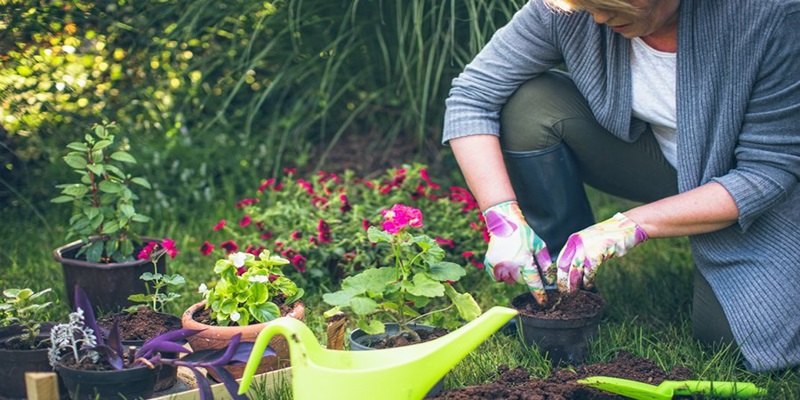
What To Grow For Beginner Gardeners?
When you are just beginning, it is best to start small. Start with vegetables, fruits, or flowers to see results faster. This way, your motivation will stay on track. You can begin with iceberg lettuce, chard, spinach, romaine, and cabbage. You can also grow herbs like basil and chives, which could be grown indoors. Tomatoes are also a beginner-friendly vegetable. When it comes to flowers, try your hands on lavender, zinnias, and marigolds, as these are easy to grow. Succulents can also be a fantastic fit as their maintenance needs are very minimal.
Gardening Gloves On!
With these newfound tips and tricks, you can quickly taste success in growing plants. Always remember to be patient with yourself. Plants are resilient, and so are you. You could learn more and experiment when you are just beginning this journey. Once you master the initial techniques, you can advance with advanced gardening and bigger plants.

